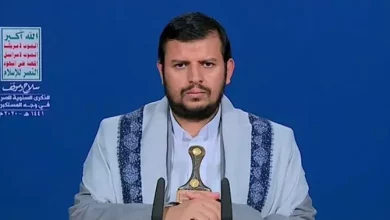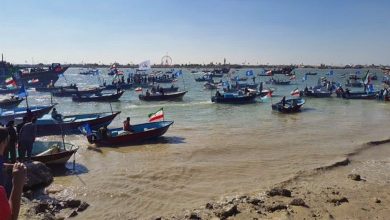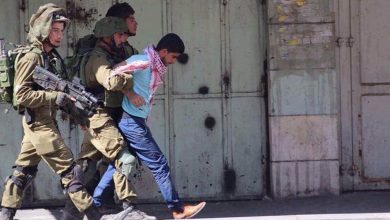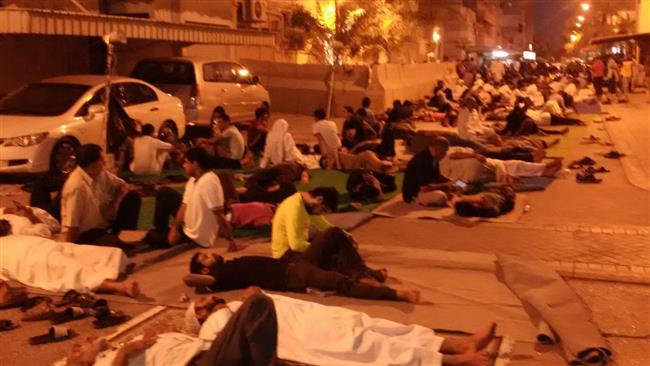Iran’s embassy in Syria is set to reopen once the required conditions are fulfilled
A representative from the Iranian Foreign Ministry has announced that the reopening of Iran's embassy in Damascus is a priority on their agenda. The official indicated that the diplomatic post will recommence operations when the "necessary conditions" are fulfilled.
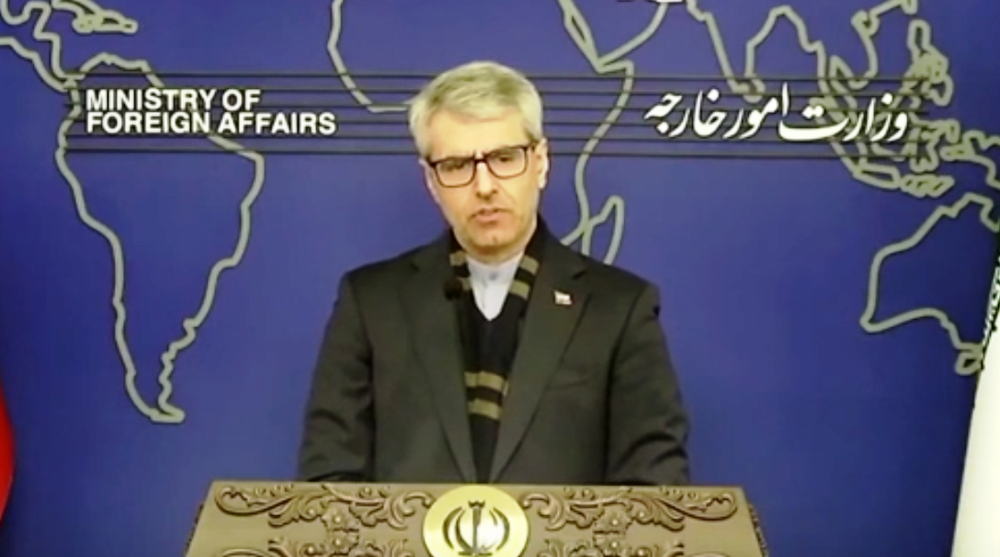
In a significant development on December 8, militants affiliated with Hay’at Tahrir al-Sham (HTS) reportedly launched an assault on the Iranian embassy in Damascus. The attack came in the aftermath of the collapse of President Bashar al-Assad’s regime, resulting in the embassy being stormed and looted.
Baqaei emphasized that the presence of Iranian military advisers in Syria was based on essential principles and viewed their withdrawal as a prudent and accountable action.
In a recent statement, officials emphasized that the mission in Syria was not aimed at conquest or the revival of historical empires. The primary focus, they asserted, was to aid in maintaining public safety and security in the face of terrorism.
An Iranian diplomat has affirmed that their presence in Syria was motivated by a strategic objective and conducted at the behest of the nation’s former government. The official emphasized that Iran did not support any particular individual or faction within Syria. Instead, their mission was aimed at preserving the territorial integrity of the country. The diplomat further noted that the establishment of stability in regional countries is vital for ensuring broader security across West Asia.
He condemned recent Israeli military actions against Syria, asserting that the country’s territorial sovereignty has been compromised and parts of its land have been occupied, in clear defiance of United Nations Security Council resolutions.
**Report Highlights US, Germany as Primary Suppliers of Israel’s Military Arsenal**
In a recent analysis, data has revealed that the United States and Germany contribute to 99% of the weapons utilized by Israel’s military forces. This finding underscores the significant role these two nations play in supporting Israel’s defense capabilities.
In reference to the ongoing conflict in Gaza, Baqaei highlighted concerns over the United States and Germany’s role in providing the majority of weapons to Israeli-occupied territories. He criticized both nations, accusing them of being complicit in what he described as Israel’s actions against the Palestinian enclave.
An Iranian diplomat has issued an urgent appeal to the international community to intervene and stop what is described as genocide in Gaza. The diplomat also urged the prosecution and punishment of Israeli leaders, accusing them of perpetrating serious crimes.
He stated that the International Criminal Court (ICC) has released prosecution and arrest warrants for top Israeli officials accused of committing war crimes and crimes against humanity.
A high-ranking Iranian official emphasized that member nations of the International Criminal Court in The Hague are duty-bound to execute arrest warrants, enforce adherence to international humanitarian law, and prevent acts of genocide.
He asserted that the Zionist regime is guilty not only of war crimes and crimes against humanity, but also of genocide and aggression, both of which fall under the court’s jurisdiction.
Europe Must Reevaluate Its Approach
Baqaei has criticized recent statements made by European Union foreign policy chief Kaja Kallas, who asserted that Russia and Iran should not play a role in Syria’s future. He urged European leaders to revisit and amend their policies and positions concerning this matter.
In a statement highlighting geopolitical shifts, it was noted that it is a compelling irony that the times when external forces could dictate the region’s future have come to an end. There is a call for Europe to reassess its actions and reflect on its involvement in contributing to regional issues, especially concerning the situation in Syria.
The Iranian Foreign Ministry spokesman highlighted that a significant influx of individuals from Western nations traveled to Syria, subsequently jeopardizing national security and stability in the region. The spokesman emphasized that these individuals should reconsider their own actions rather than endeavor to dictate the future of others.
Several European countries have reportedly revised their position regarding the trio of islands in the Persian Gulf.
Baqaei expressed gratitude towards the German government for altering its position regarding the status of the three Iranian islands in the Persian Gulf—Abu Musa, Greater Tunb, and Lesser Tunb. He noted that certain European nations have revised their stances on this issue, opting to communicate their new positions through official written notifications.
**Strengthening Relations Between Iran and China**
The diplomatic and economic ties between Iran and China continue to strengthen as both nations seek to enhance their strategic partnership. Collaborations across various sectors, including trade, infrastructure, and energy, are indicative of their shared interests and mutual benefits. As international dynamics evolve, Iran and China remain committed to bolstering their bilateral relations, further solidifying their position in global affairs.
Regarding the relationship between Iran and China, it was highlighted that the ties between the two nations are flourishing, with strong collaboration evident across political, commercial, and cultural sectors.
According to Baqaei, the comprehensive strategic partnership agreement inked with China in March 2021 underscores the profound relations and wide-ranging cooperation between Tehran and Beijing.
Iran’s President is scheduled to visit Egypt to attend the D-8 Summit.
A spokesperson for the Foreign Ministry confirmed that Iranian President Masoud Pezeshkian is set to attend the upcoming summit of the D-8 Organization for Economic Cooperation, which will be held in Egypt.
Baqaei announced during a weekly televised news conference that a significant summit, the D-8, is scheduled to take place in Egypt. The country’s foreign minister is set to attend the ministerial conference, followed by the summit itself, which will feature the participation of the president.
Iranian representatives are set to engage in discussions concerning regional and bilateral matters with fellow participating nations on the sidelines of the summit, according to a statement he made.
The D-8, an organization formed in 1997, aims to enhance collaboration among major Muslim-majority nations spanning Southeast Asia to Africa. The member countries comprising this alliance are Bangladesh, Egypt, Indonesia, Iran, Malaysia, Nigeria, Pakistan, and Turkey.
Pezeshkian’s upcoming trip to Egypt will represent the inaugural visit by an Iranian president to the North African nation in over ten years.
In 1980, Egypt formally cut diplomatic ties with Iran following its decision to host the ousted Shah of Iran and its recognition of the Israeli regime, which practices apartheid.
In October, Iranian Foreign Minister Abbas Araghchi traveled to Cairo in the context of Israel’s prolonged escalation of attacks on Gaza, engaging in discussions aimed at exchanging perspectives on the latest developments in West Asia and addressing matters of mutual interest and concern.
